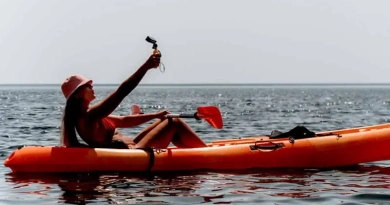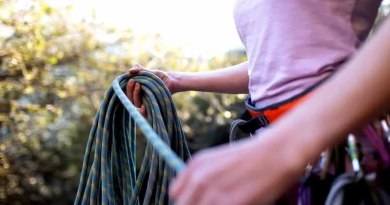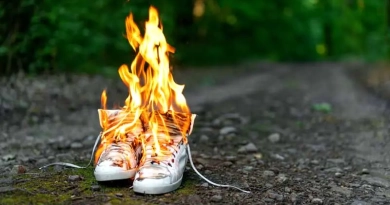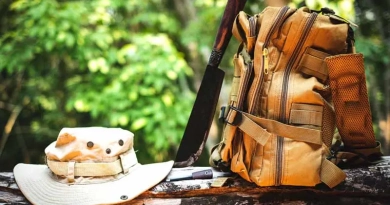
Do I Need A License To Canoe On Waterways In The US?
Navigating the Regulations
The dawn was breaking over the placid lake, the water’s surface mirroring the first light of day. As I prepped my canoe, a pressing question surfaced: Do I need a license to canoe on certain waterways in the US? The answer isn’t straightforward; it varies widely by state and waterway.
Canoeing offers a sense of freedom, but like all activities, it comes with its own set of rules and regulations. In the United States, the need for a license to canoe depends on several factors including the state you’re in, the type of waterway, and whether your canoe is motorized.
The Options and Obstacles
State-Specific Regulations:
- Washington: In Washington, non-motorized canoes and kayaks do not require a license or registration. However, if your canoe has a motor, a Boater Education Card is required if the motor exceeds 15 horsepower and if you were born after January 1, 1955.
- Florida: Florida does not require non-motorized canoes to be registered. However, if a trolling motor is added, the canoe must be registered, and the operator may need to complete a boater safety course.
- New Hampshire: No registration is required for non-motorized canoes. However, a loud sound-producing device and a personal flotation device (PFD) for each person are mandatory.
- Tennessee: Similar to New Hampshire, non-motorized canoes do not require registration, but motorized canoes must be registered if the motor exceeds 8.5 horsepower. All canoes must have a PFD and a loud sound-producing device.
- Michigan: All non-motorized canoes must be registered, regardless of their use, and display a valid registration decal. Motorized canoes also require registration and adherence to specific safety equipment regulations.
The Best Solution and Its Implementation
Determine Your Waterways and Their Requirements:
- Identify the Waterways: Determine the specific waterways you plan to canoe on. Check if they fall under federal, state, or local jurisdiction, as this will influence the licensing requirements.
- Check State Regulations: Visit the respective state’s Department of Natural Resources (DNR) or equivalent authority’s website to understand the specific requirements. This may include registration, safety equipment, and operational regulations.
Acquire Necessary Licenses and Registrations:
- Non-Motorized Canoes: Most states do not require a license for non-motorized canoes, but ensure compliance with safety equipment regulations, such as having a PFD and a sound-producing device.
- Motorized Canoes: If your canoe has a motor, you will likely need to register it and possibly complete a boater safety course. Check your state’s specific horsepower thresholds and requirements.
Safety and Compliance:
- Equipment: Ensure your canoe is equipped with the necessary safety gear, including PFDs for all occupants, a sound-producing device (whistle or horn), visual distress signals for nighttime paddling, and appropriate lighting.
- Education: Consider taking a boater safety course even if not required. It enhances your safety knowledge and can often lead to insurance savings.
Resources and Tools Needed
- State DNR Websites: For specific regulations and online registration.
- Washington: Washington State Parks Boating Program
- Florida: Florida Fish and Wildlife Conservation Commission
- New Hampshire: New Hampshire Marine Patrol
- Tennessee: Tennessee Wildlife Resources Agency
- Michigan: Michigan Department of Natural Resources
- Boater Safety Courses: Offered online by various accredited organizations.
- Canoeing Clubs: Local paddling clubs often provide resources and group licenses.
Conclusion: Embracing Responsible Paddling
As the sun climbed higher, the tranquility of the water reminded me of the importance of paddling responsibly. Ensuring you have the proper licenses and equipment not only keeps you within the law but also enhances your safety and enjoyment on the water.
Whether navigating the calm waters of a lake or the flowing currents of a river, knowing the legal requirements is essential. Equip yourself with the right knowledge and tools, and let the adventure continue with peace of mind.
For further information and detailed guides, visit the websites of your state’s DNR or local paddling organizations. Happy paddling!






